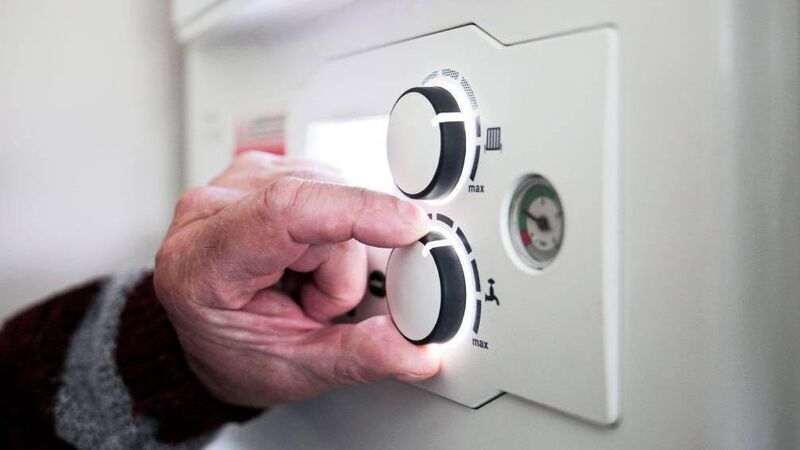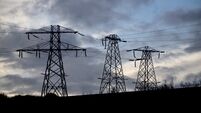Irish households owe €177m in domestic energy debt

The report says that, overall, 13% of electricity customers and 27% of gas customers are in arrears. Picture: Stuart Boulton/Stock
The amount owed by Irish households in arrears on gas and energy bills has almost doubled in four years, despite the €3.3bn government energy credit scheme paid out in recent years.
As of June 2025, electricity arrears of more than 90 days have increased by 24% when compared to June 2024. This indicates that most households in arrears are unable to clear their debts. Some 61% of all electricity arrears are now long-term.













